
Now streaming on:
What makes a space feel safe? The small miracle of the Estonian film “Smoke Sauna Sisterhood” is that it does more than show us a blissfully safe space; it invites us inside. We learn in the closing credits that the tradition of the sauna in a smokehouse (otherwise used for smoking meat) in the Estonian Võromaa region has been certified by UNESCO as an “intangible cultural heritage of humanity.” But UNESCO’s description of the custom is limited to the setting and the physical activities, preparing the fire and steam, gathering the branches for whisks, and scrubbing the skin. Writer/director Anna Hints shows us all of that, but the focus of this documentary, as indicated by the third term in the title, is the sacred sharing that this safe space devoted to tending to each other and themselves creates.
Cinematographer Ants Tammik gives the interior of the small wooden building surrounded by trees a gentle, heavenly glow. The women are comfortably nude. We only seldom see a face. Most of the film is exquisitely composed of images of body parts, sometimes an arm or breasts, sometimes a row of knees, all illuminated like Old Master paintings to allow us to appreciate the quiet intimacy and profound beauty of human bodies.
While they talk about the pressure from their family and the expectations of society to appear impossibly slim, “pure,” and beautiful, in this place, with each other, they are completely comfortable in their bodies. They tend to each other, whisking with branches and rubbing salt scrubs on the skin. In one moment, as one of the women tells the harrowing story of being raped when she was a teenager, while she covers her face with her arm, her head is resting on the lap of another woman, who strokes her hair as she sobs. That woman’s other hand is gently held by the woman on her other side.
In the lush summer, a woman gathers the branches that will be used, fresh or dried, to whisk their skin. In the winter, the cabin and surrounding area are covered with thick snow that makes it look so timeless we imagine Hansel and Gretel may be wandering through. A woman is out on the frozen lake, smashing through the thick coating of ice over and over with a shovel. Later, the naked women stream out of the smokehouse sauna, their bare feet hopping through the snow to get to the hole in the ice and climb into the freezing water up to their shoulders, laughing and splashing it on their faces.
The women talk. And they listen. More often, when we do see a face, it is the listener, not the speaker. There are almost no interruptions. No questions, not even a “Yes, tell me more.” There is no judgment. There is no advice. Instead, there is time. There is patience. There is safety. And there is music, sometimes with the women using their bodies for percussion, singing about being mighty, chanting about sweating out all pain and fear. Their easy laughter reflects their ease and sense of connection.
And, as specific to this place and culture as this “intangible cultural heritage” is, there is universality. The place and language are different, but the topics are the same ones women talk about whenever we are together. Unsurprisingly, it begins where every woman’s story begins, with their mothers. They talk about giving birth, one woman sharing her wrenching pain at delivering a baby she knew was stillborn. They talk about men, about domestic abuse, about loss and grief, about sex and desire, about cancer, about dick pics. They talk about Estonian’s culture of reserve—no talking about personal matters, no hugging. That makes their chance to talk about sensitive and painful subjects in the smokehouse even more treasured and our chance to be a part of it even more welcome.
Now playing in theaters.
Nell Minow is the Contributing Editor at RogerEbert.com.
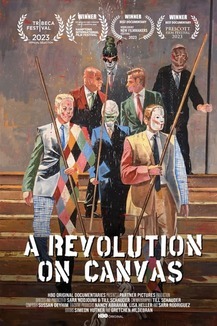

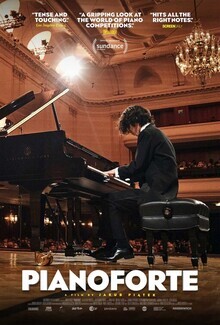
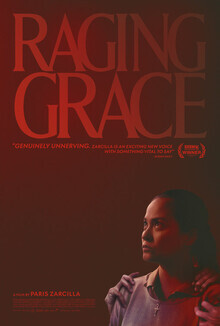

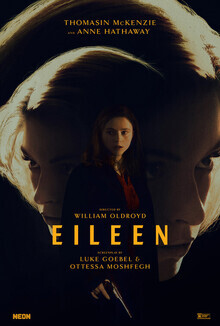
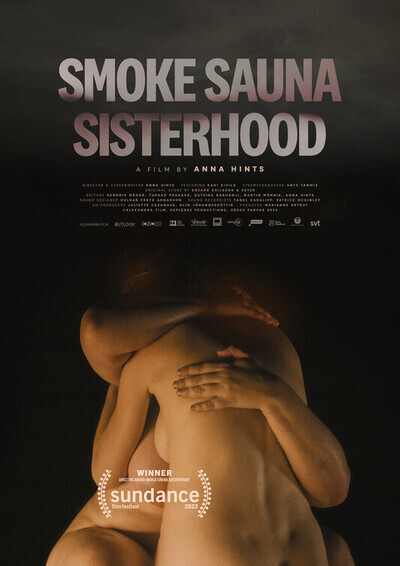
89 minutes
Kadi Kivilo as Self
Maria Meresaar as Self
Elsa Saks as Self
Marianne Liiv as Self
Eva Kübar as Self
Liis Kuresoo as Self
Eda Veeroja as Self
Maria Aasa as Self
Merit Kask as Self
Leno Kuura as Self
Kerttu Kuslap as Self
Sandra Lepik as Self
Signe Mallö as Self
Kaarin Parts as Self